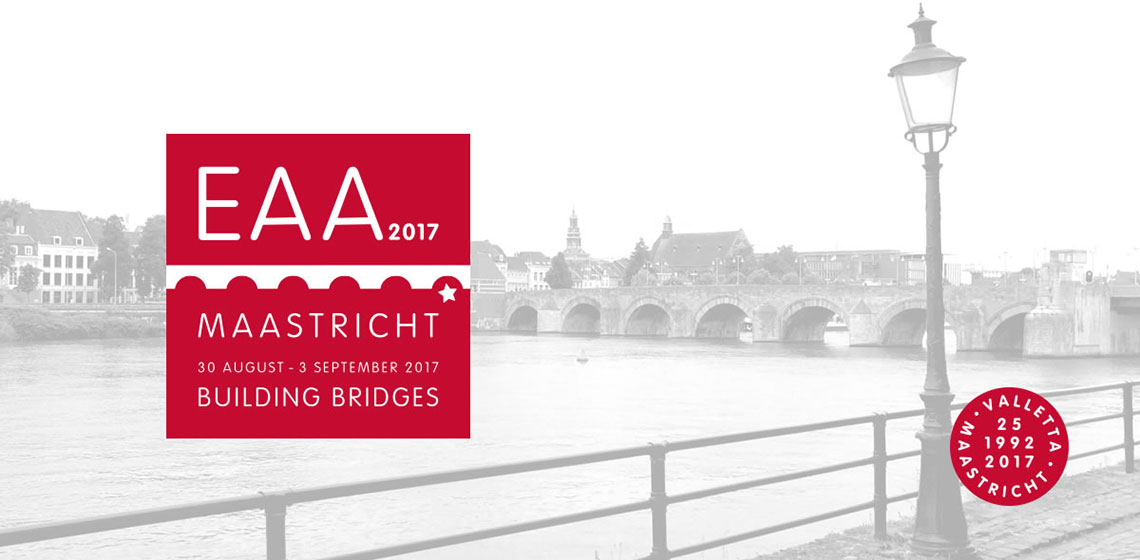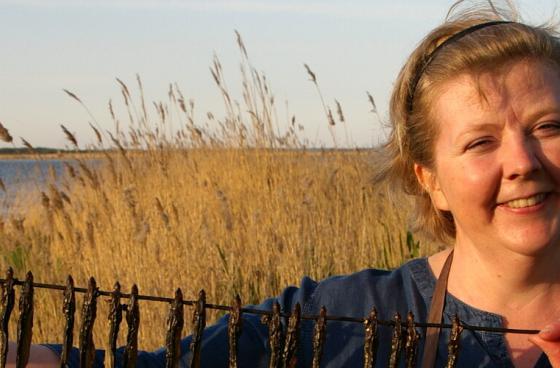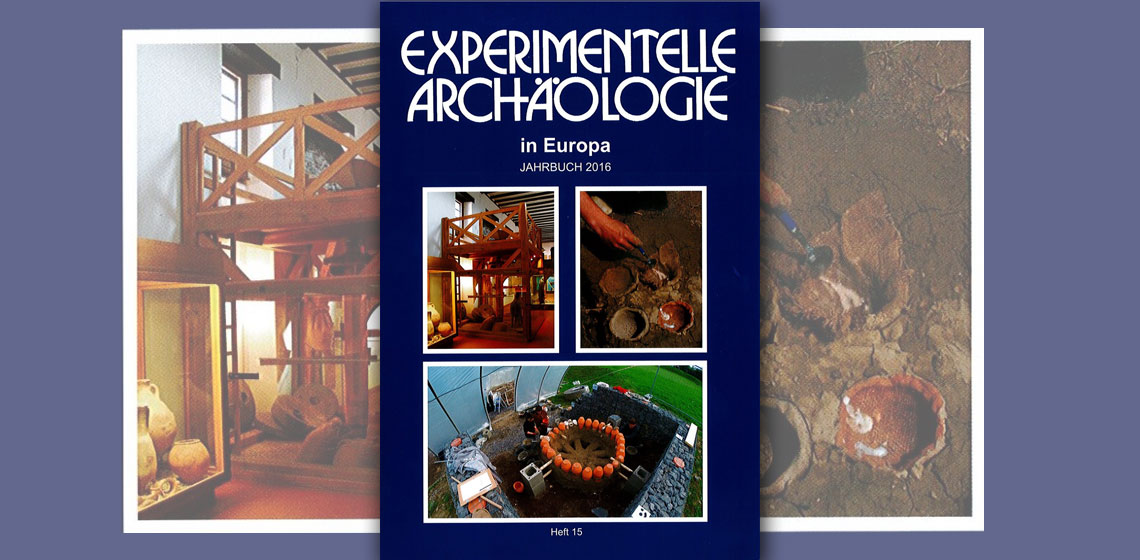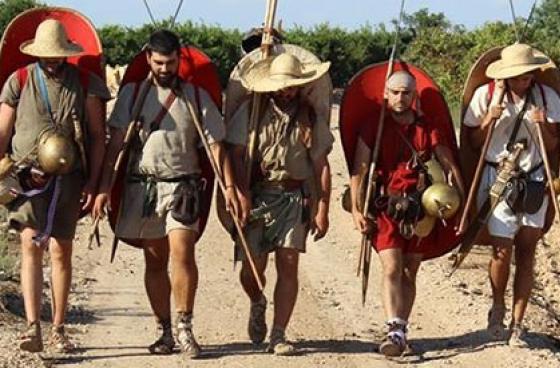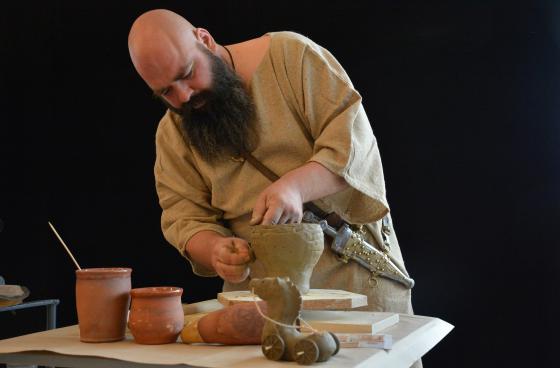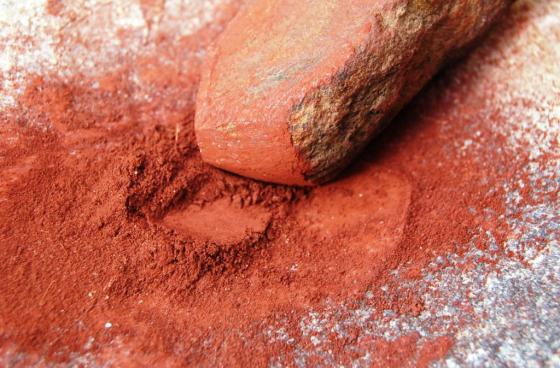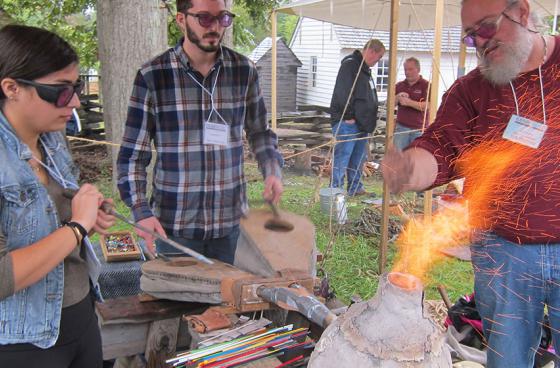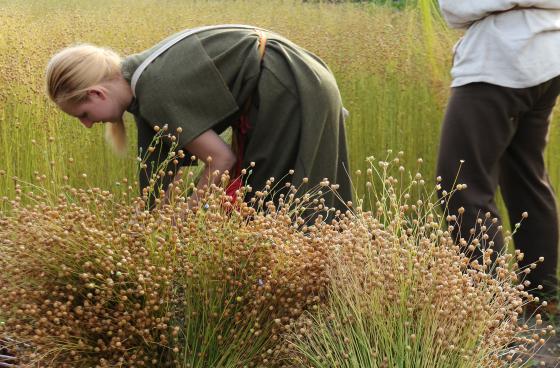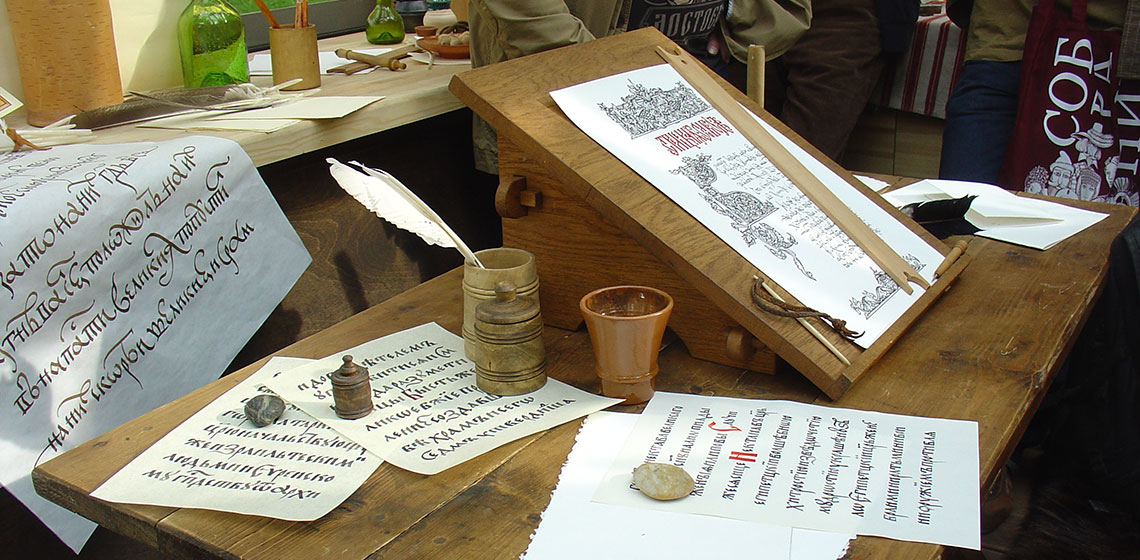Roman Era
Conference Review: the EAA 2017 in Maastricht (NL)
Interpret Europe Conference
Country
- Estonia
Fostering heritage communities
Heritage communities are a cornerstone of the Council of Europe’s Faro Convention. But how do heritage sites actually become meaningful for everyone? What triggers volunteer engagement and what boosts someone’s sense of fulfilment?
Book Review: Experimentelle Archäologie in Europa, Jahrbuch 2016
***The periodical "Experimentelle Archäologie" is issued by Gunter Schöbel and the "Europäische Vereinigung zur Förderung der experimentellen Archäologie", together with Pfahlbaumuseum Unteruhldingen from Germany. Issue no. 15 includes 223 pages of text, with numerous colour photographs...
Theoretical Roman Archaeology Conference 2018
Country
- United Kingdom
'A Place for an Experiment in Roman Studies'
Sherd Shatter Patterns Experiment
Terra Antiqua Balcanica
Country
- Bulgaria
The purpose of this re-enactment event is to promote the Ancient Roman ceramic center near Pavlikeni, which existed in the 2nd-3rd century AD.
ACE - Conference on African Experimental Archaeology
Country
- South Africa
On behalf of the organizing committee, we invite you to participate in the African Conference on Experimental Archaeology (ACE), in Johannesburg, South Africa. The conference will be held at the Wits Club, University of the Witwatersrand. ACE encourages the exchange and sharing of new work in scientific experiments and closely related activities focussing on African and Africanist research.
REARC Conference
Country
- USA
This year the REARC meetings are scheduled for October 25th and 26th in historic Fredericksburg, Virginia. We are excited to announce that the Department of Historic Preservation at the University of Mary Washington will host Friday presentations. And on Saturday, REARC craftspeople will hold a variety of demonstrations/workshops at George Washington’s Ferry Farm.
Archaeological Feast at the Goths’ Village
Country
- Poland
Archaeological research into the culture of the Goths in the Hrubieszów Basin started in 1977. Since the very beginning, the importance of the discoveries, attractive artifacts and exceptional funeral customs of those who inhabited the region 1700 years ago have been the focus of public interest.

